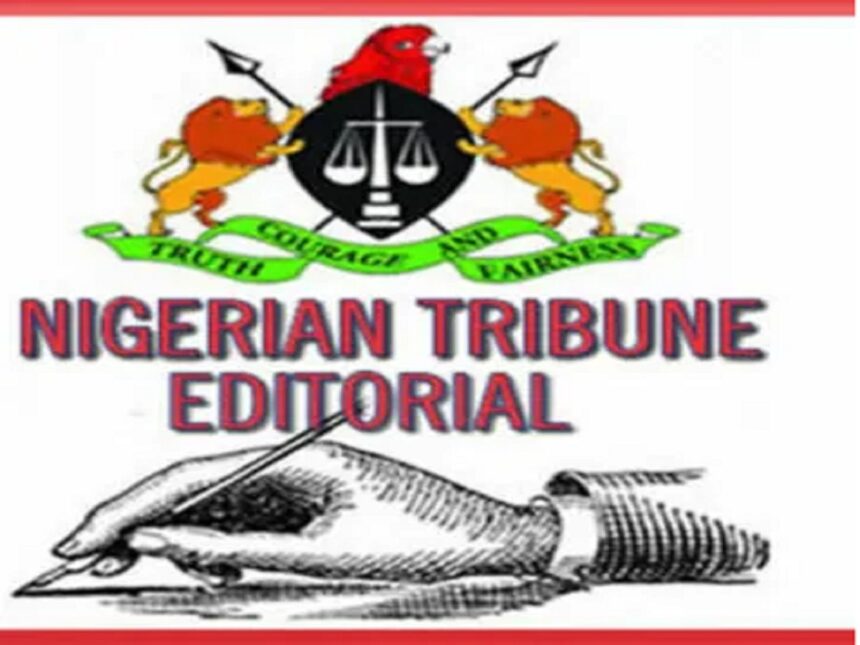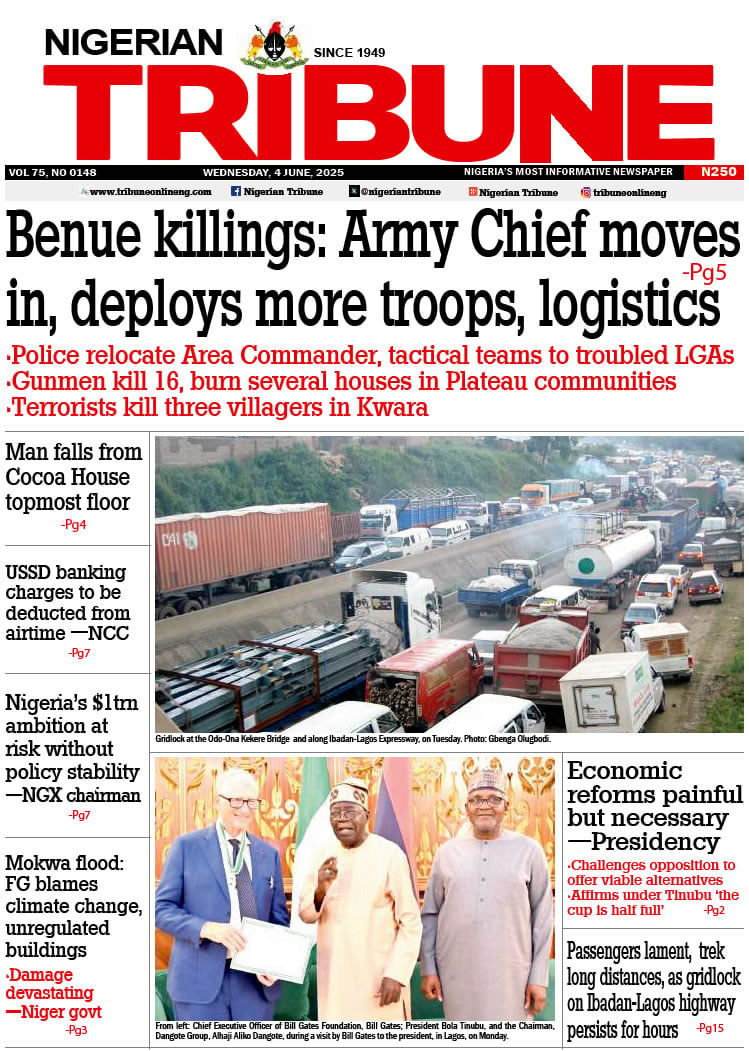NEXT to the European Union (EU), the Economic Community of West African States (ECOWAS) is arguably the best known and one of the more successful examples of regional integration in the world. Established in May 1975 in order to, among other important objectives, “foster and accelerate the economic and social development” of the constituent West African states and “improve the living standards” of their peoples, the organisation has been the standard-bearer for economic integration across the continent.
For one-time Nigerian military leader, Yakubu Gowon whose initiative and passion were crucial to the establishment of ECOWAS— albeit he was removed from power in a coup d’etat barely two months after the formation of the organization in July 1975— it must be particularly gratifying to see a venture he did so much to bring into existence not just survive but, against all odds, flourish. For, all things considered, and evaluated against the backdrop of the impediments which it faced at inception, ECOWAS has indeed flourished. Two of its many accomplishments are the free movement of people within the sub-region and a common market which allows for the unfettered circulation of goods and commodities. Add to that the formation and deployment of the ECOWAS Monitoring Group (ECOMOG), which helped beat back the rebel challenge to constituted authority in Liberia in 1990, and subsequently in Sierra Leone where the group intervened decisively to restore a civilian administration that had been ousted in a coup d’état.
Against this record of success must be measured the challenges currently confronting ECOWAS at it marks its fifth decade. The proliferation of small arms across the region is a serious and continued threat to political stability and civil order. At the moment, an estimated 11 million small arms and light weapons are in the hands of various non-state actors across the region. ECOWAS needs to do some hard thinking to bring this unfortunate situation under control. Another challenge is the Jihadist insurgency across the Sahel. In the past couple of years, the insurgents, having laid waste to vast territories across the Sahel (Jihadists control at least 60 percent of Burkinabe territory) have been moving into relatively peaceful countries and areas across coastal West Africa. That these groups represent an existential threat to ECOWAS itself goes without saying.
Last but not least, ECOWAS confronts a direct challenge to its authority—and to the idea of a democratic West Africa- from the self-described Alliance of Sahel States (AES), comprising Mali, Niger and Burkina Faso. How it handles the rebellion by these renegade states, which seem to enjoy the backing of some nefarious external actors, among them Russian dictator Vladimir Putin, will go a long way in determining what kind of community it becomes in the next 50 years.
Speaking at a ceremony to mark ECOWAS’ 50th anniversary, President Bola Tinubu, who currently chairs the Authority of ECOWAS Heads of State and Government, acknowledged the organisation’s historic achievements in regional integration, trade liberalisation, peacekeeping, and democratic governance. At the same time, he asserted that the next chapter must be defined by action, not promises, admitting: “We are lagging behind on implementation, and I urge all member states to match policy with action… Let our citizens feel the real impact of our shared efforts.”
As we congratulate ECOWAS on reaching this important milestone, we urge the member states to heed President Tinubu’s call to action.
READ ALSO: Tinubu urges unity, deeper integration as ECOWAS marks 50th anniversary






